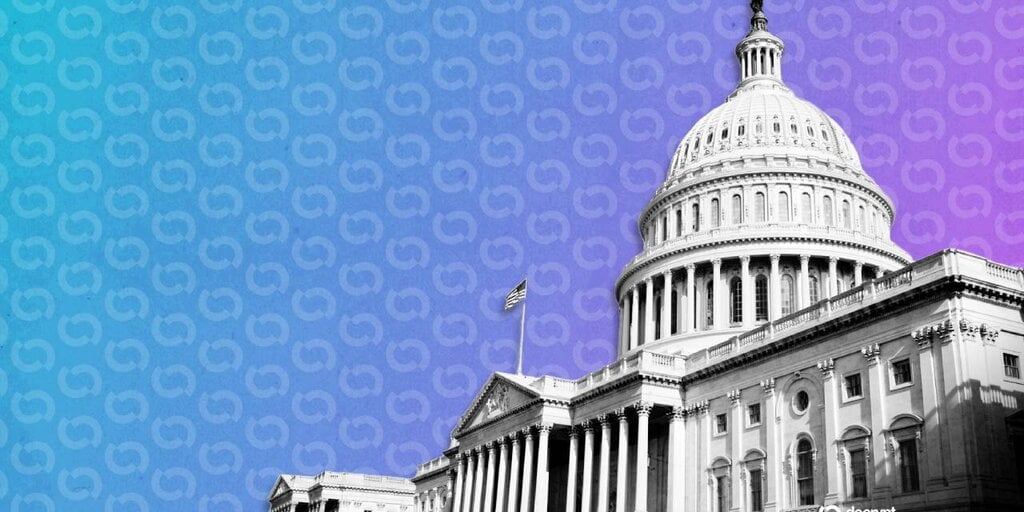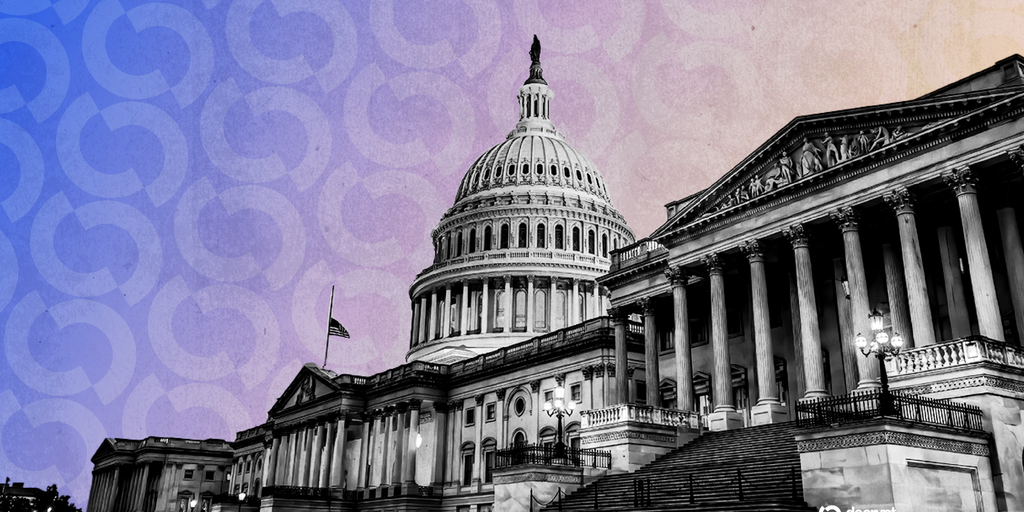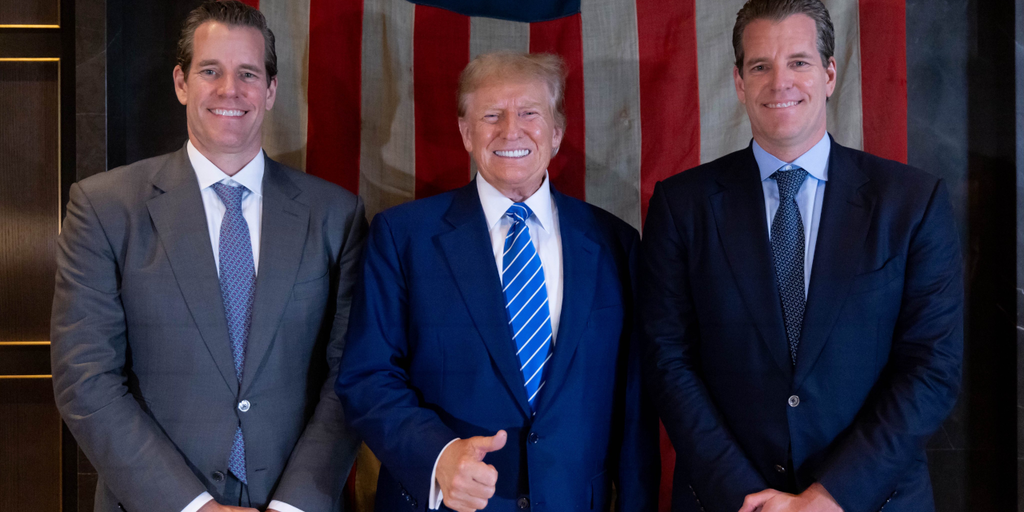In brief
- Kraken co-CEO Arjun Sethi announced $1 million donation to the Digital Freedom Fund PAC and increased the commitment to America First Digital to $1 million.
- Arjun Sethi said crypto embodies “the right to self-determination” and warned of “attempts to criminalize infrastructure.”
- Winklevoss twins previously donated over $21 million in Bitcoin to launch the explicitly pro-Republican Digital Freedom Fund PAC.
Crypto exchange Kraken said Tuesday it will donate $2 million to a pro-Trump crypto group as the platform mobilizes in “a fight for the core rights of individuals in a digital age.”
Kraken co-CEO Arjun Sethi announced a $1 million donation to the Freedom Fund PAC and said the company would also raise its 2025 commitment to the pro-Trump group America First Digital to $1 million.
“The fight for crypto in the United States is far from over,” Sethi tweeted Tuesday.
He warned crypto’s foundational principles face threats from “regulatory uncertainty,” “enforcement by headline,” “attempts to criminalize infrastructure,” and “bans on privacy tools,” calling these “constitutional questions about how financial freedom fits into a free society.”
Sethi tied Bitcoin’s origins to “a peaceful revolution” and noted how that crypto’s ideals are “the right to self-determination” and “extensions of the Bill of Rights, rendered in code.”
America First Digital is led by Jason Thielman, former executive director of the National Republican Senatorial Committee, and senior advisor Kristin Walker, a former chief of staff to Senator Cynthia Lummis, who reintroduced the BITCOIN Act in March to authorize $80 billion in Bitcoin purchases for a strategic reserve.
“By explicitly tying campaign financing to the ideals of ‘financial freedom,’ crypto leaders are no longer content with defensive lobbying,” Raj Kapoor, founder and CEO of the India Blockchain Alliance, told Decrypt. “They are moving into ideological territory, aligning digital assets with constitutional values.”
Federal authorities have recently targeted the founders of Bitcoin mixer Samourai Wallet and Ethereum privacy protocol Tornado Cash, with developers facing criminal charges for allegedly facilitating money laundering.
With the donation, Sethi said Kraken backs the right to “self-custody” assets, building decentralized systems “without permission,” opting out of “surveillance-based finance,” and accessing “open, composable infrastructure.”
The announcement drew immediate support from crypto industry figures, including Gemini co-founder Tyler Winklevoss, who welcomed Kraken’s participation.
It was the Winklevoss twins who contributed over $21 million in Bitcoin last month to launch the Digital Freedom Fund.
Unlike other crypto PACs that maintain nonpartisan facades, Cameron and Tyler Winklevoss explicitly stated their PAC will work to support Republicans, defeat Democrats, and advance Trump’s crypto agenda in the 2026 midterms.
Meanwhile, Fairshake, crypto’s largest super PAC, raised nearly $300 million in 2024 from Coinbase, Ripple, and Andreessen Horowitz, spending across both parties to keep digital assets from becoming a partisan wedge issue.
“Such political donations are common in the U.S., and these funds are expected to increase industry influence, as crypto leaders push for more pro-friendly policies from the current administration,” Sudhakar Lakshmanaraja, founder of blockchain education platform Digital South Trust, told Decrypt.
Daily Debrief Newsletter
Start every day with the top news stories right now, plus original features, a podcast, videos and more.






